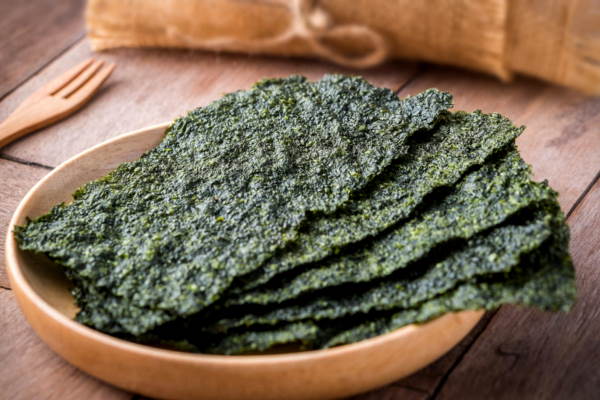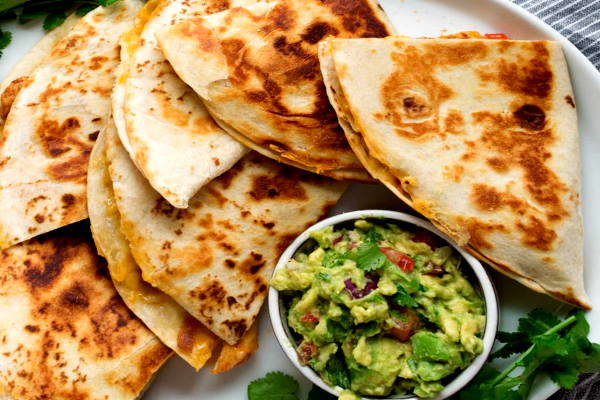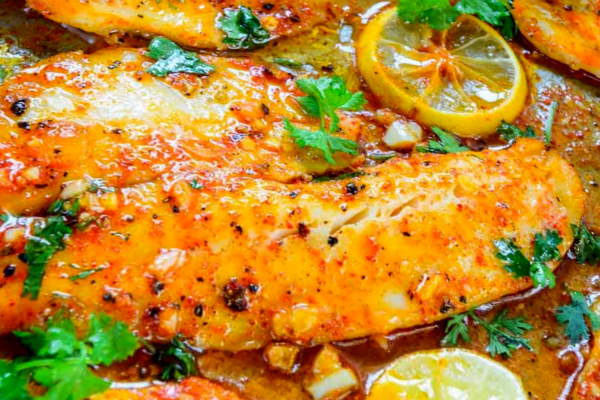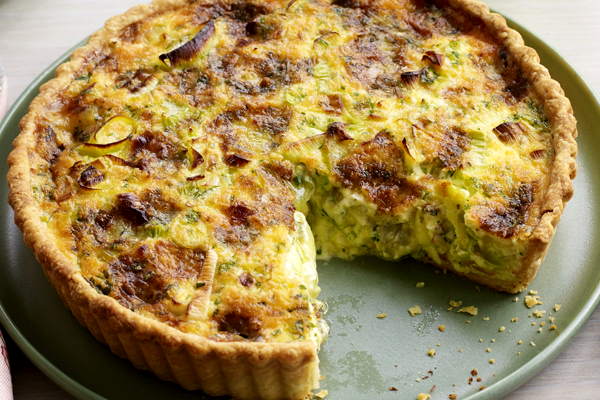
Can Babies Eat nori?
Nori is the Japanese definition for edible seaweed. Nori has a strong and typical, distinctive flavor, used especially in Japanese cuisine as an ingredient to wrap rolls of sushi and onigri, in which case nori refers to the dried sheets. The production of dried sheets is similar to the process of papermaking. Nori sheets absorb water from the air very easily, and tend to degrade rapidly, it is important to have a desiccant in the packs, in which they are sold in grocery stores.
Nori is also used as a garnish or flavoring in soups and some noodle preparations. It is usually toasted before consumption. Nori is consumed by making it into a soy sauce-flavored paste, also called nori no tsukudani. It is used in decorating many dishes.
Nori contains carbs, protein, pretty high amounts of vitamins A, B2, B9 and C, but it also has vitamins B1, B3, E and K. Iron, zinc, potassium, phosphorus and calcium are some of the other components of nori. Nori has toxic metals in variable levels, and amphipod allergens, which can cause allergic reactions.
Is Roasted Seaweed Good For Babies?
Nori compared to kombu and wakame has lower levels of iodine, so it is a good choice for babies’ food. Seaweed is natural and pretty healthy, but because of its content of variable levels of toxic metals parents should limit serving nori to babies and children to few times a week, not on a daily basis. Nori is packed with vitamins, has anti-inflammatory properties, which make it good for babies. You can give nori to babies starting at the age of 6 months.
Roasted Nori
Ingredients: 2 large Japanese suchi-style nori, 1 tsp of sea salt.
Preheat the oven to 200°C. Prepare the baking sheet and place the nori sheets on it. Sprinkle the nori with the sea salt and roast for 4 minutes tops. They should be light and crunchy. Let them cool and serve.
FAQ
What is nori?
Nori is the Japanese definition for edible seaweed. Nori has a strong and typical, distinctive flavor, used especially in Japanese cuisine as an ingredient to wrap rolls of sushi and onigri, in which case nori refers to the dried sheets.
How healthy is nori?
Nori contains carbs, protein, pretty high amounts of vitamins A, B2, B9 and C, but it also has vitamins B1, B3, E and K. Iron, zinc, potassium, phosphorus and calcium are some of the other components of nori. Nori is packed with vitamins, has anti-inflammatory properties, which make it good for babies.
When can you start giving nori to your baby?
You can give nori to babies starting at the age of 6 months.
The risks of giving nori to your baby?
Nori has toxic metals in variable levels, and amphipod allergens, which can cause allergic reactions.



